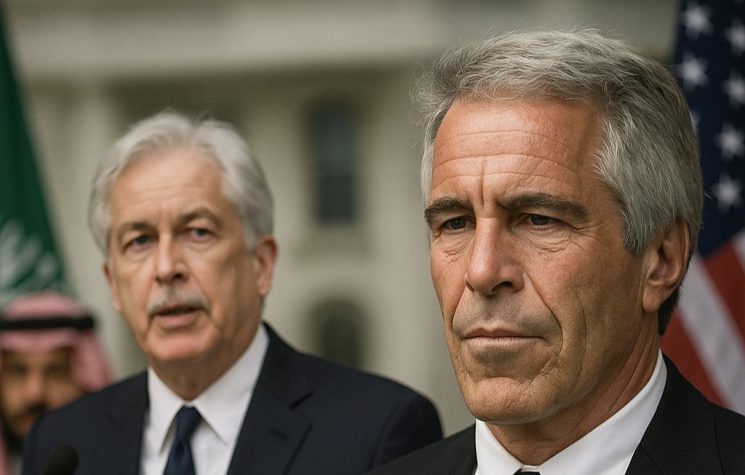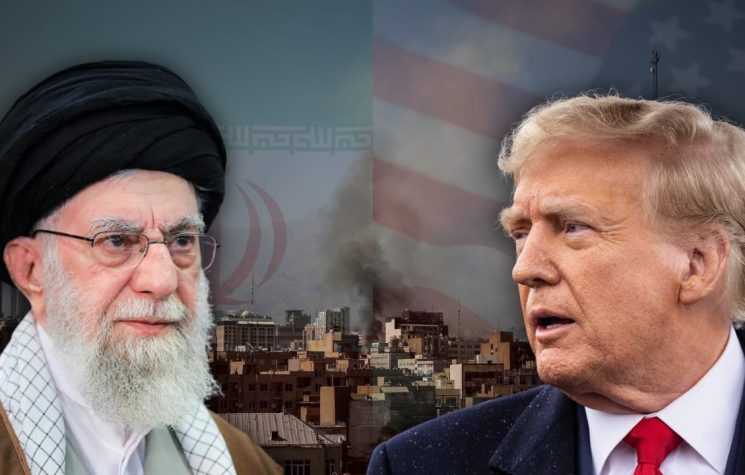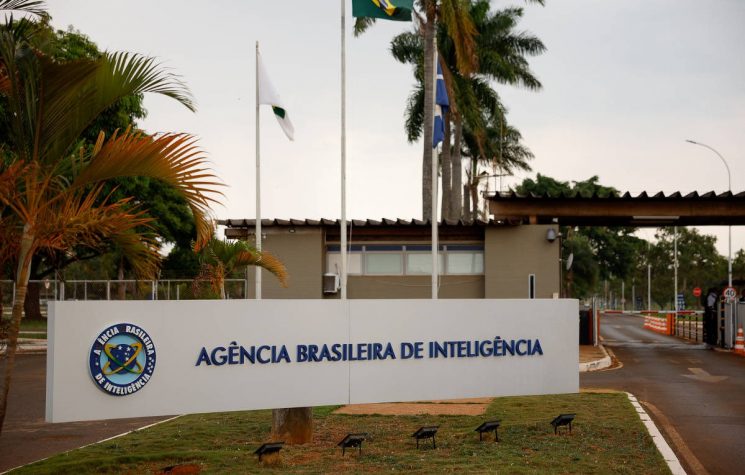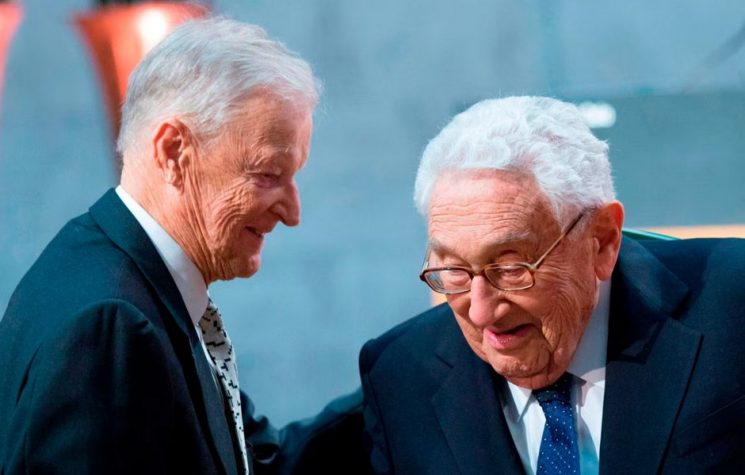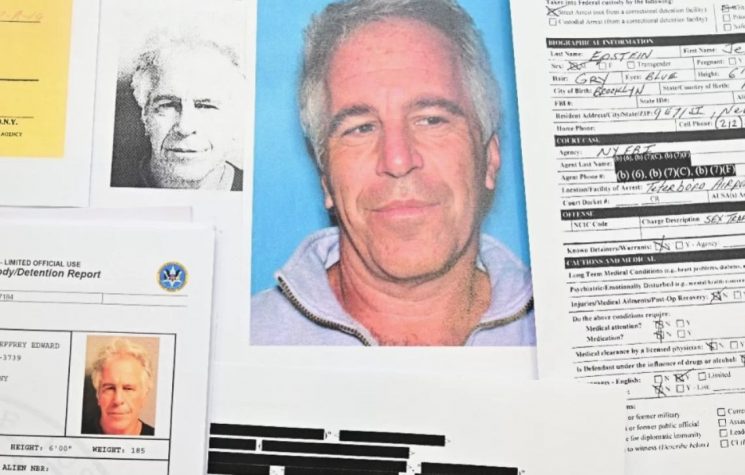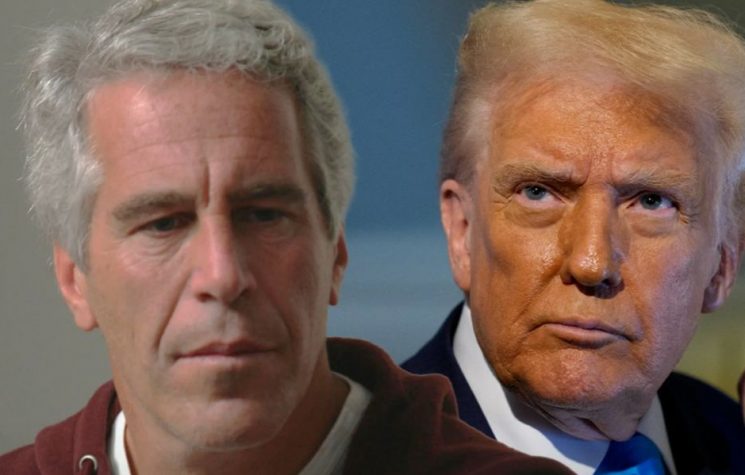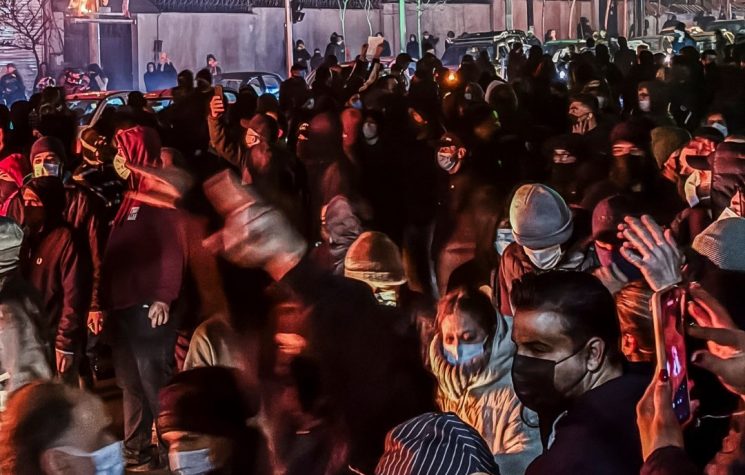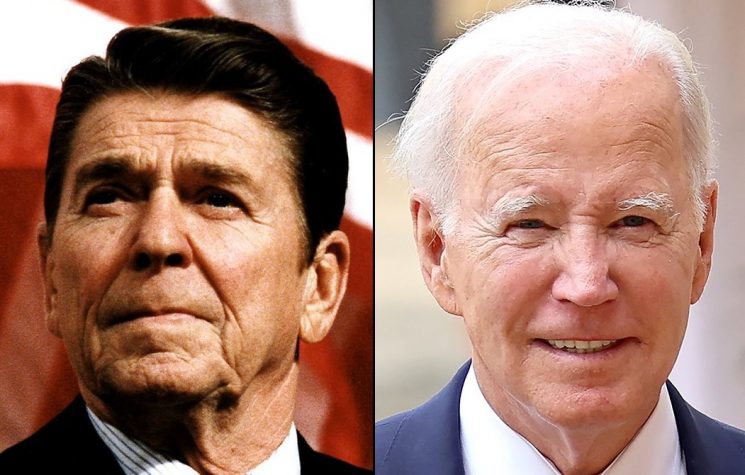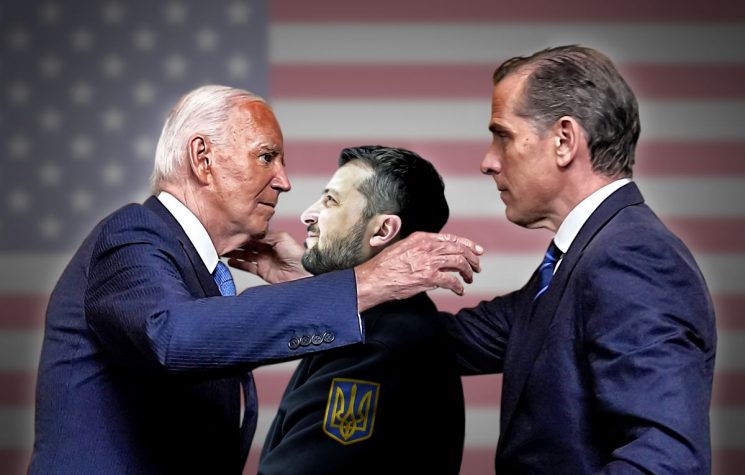Two former U.S. intelligence officials serving under the Obama administration are set to return to important roles under President-Elect Joe Biden. Mike Morell and Avril Haines, the former Acting CIA director and Deputy CIA director respectively, have been nominated by Biden to serve as CIA Director and National Intelligence Director. The nominations have already elicited criticism of an extended narrative of the “War on Terror”, as opposed to Biden’s electoral rhetoric on ending wars.
In 2014, a report published by the U.S. Senate Democrats revealed the extent of the CIA’s “enhanced interrogation tactics” – a polite euphemism for the torture of detainees, which also included waterboarding. Morell objected to the torture label. “When people call it torture, I react strongly because it says my officers tortured people – they did not torture anybody.” Waterboarding, a torture tactic that simulates drowning, was considered by Morell as “one of the two most effective of all the harsh techniques” employed by the CIA against detainees suspected of affiliation with Al-Qaeda and terror plots.
Morell’s contention with waterboarding and torture is contradictory, to say the least, as expressed in a 2016 documentary. “Should a country, the United States of America, which stands for human rights in the world, which stands for human dignity, probably more than any country – do these techniques to another human being? That’s a really reasonable question.” A reasonable question with a flawed premise – the U.S. is hardly an example of human rights advocacy. Its manipulation of democracy to justify foreign intervention and endless wars does not constitute adherence to human rights and the promotion of human dignity. In using waterboarding as part of its torture techniques, U.S. politics exposed its justification of human rights violations by distinguishing between state-sanctioned violence, and terror.
In 2018, Haines lauded U.S. President Donald Trump’s nomination of Gina Haspel as CIA Director. “Gina Haspel is intelligent, compassionate and fair,” Haines declared, echoing Morell’s lauding of Haspel as having “deep integrity,” definitely not a CIA requisite. Haspel was chief of a secret U.S. base in Thailand which used torture tactics upon detainees, including waterboarding. She was also involved in destroying tapes containing evidence of CIA torture.
The intricacies of such nominations portray the extent of state complicity and continuity when it comes to the ramifications of foreign intervention, regardless of political representation. Tactics may be changing – drone strikes are now favourable to direct military intervention as was the case in the U.S. bombing of Libya under the auspices of NATO in 2011, which Biden hailed as a success. “In this case, America spent $2 billion and didn’t lose a single life,” he declared. The collateral damage, of course, was only incurred by civilians in Libya, similarly to the drone strikes and civilian deaths in Syria and Iraq while the U.S. shifted its attention against ISIS.
Biden is inheriting a political scenario where he can implement previous policies in a stealthier manner, due to the evolution of technology. The War on Terror narrative is well established, and barely questioned, unless nominees for top positions carry with them echoes of past violations. However, there needs to be a sequence that ties forthcoming accountability to the previous abuses and narratives which replenish rather than deter violence. The U.S. has expanded terrorism in the countries it claims to be reforming through democracy. After all, it is the same powers that have created or fabricated, as in the case of Iraq’s purported stash of nuclear weapons, the conditions warranting, according to U.S. imperialism, foreign intervention.
Biden’s choices point towards an acceptance of torture. How this will play out in the evolving scenario of war and terror remains to be seen, however, the extension of impunity is something that each U.S. president covets, almost in parallel with how the CIA operates. Through his choices, Biden has already shown he is no different from his predecessors – maintaining the terror narrative comes above upholding human rights.










